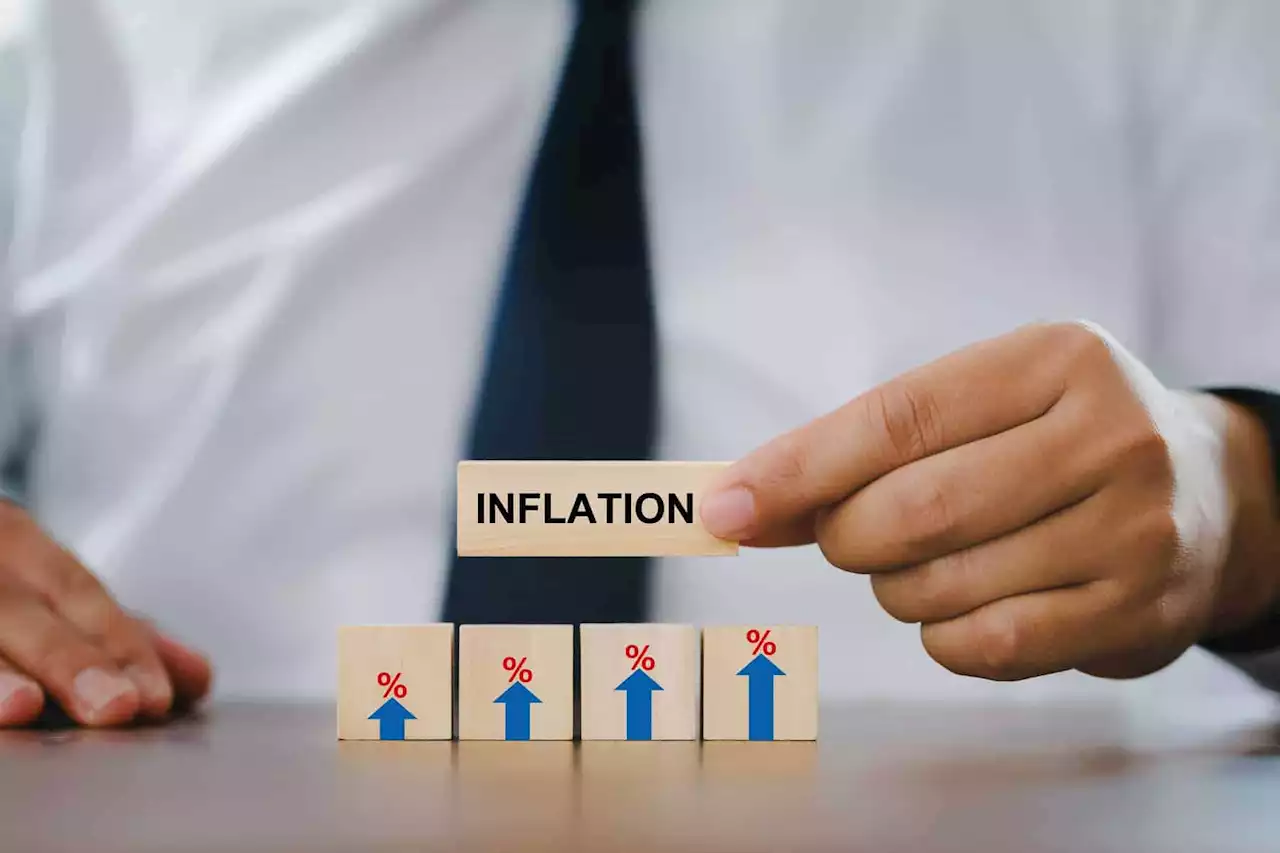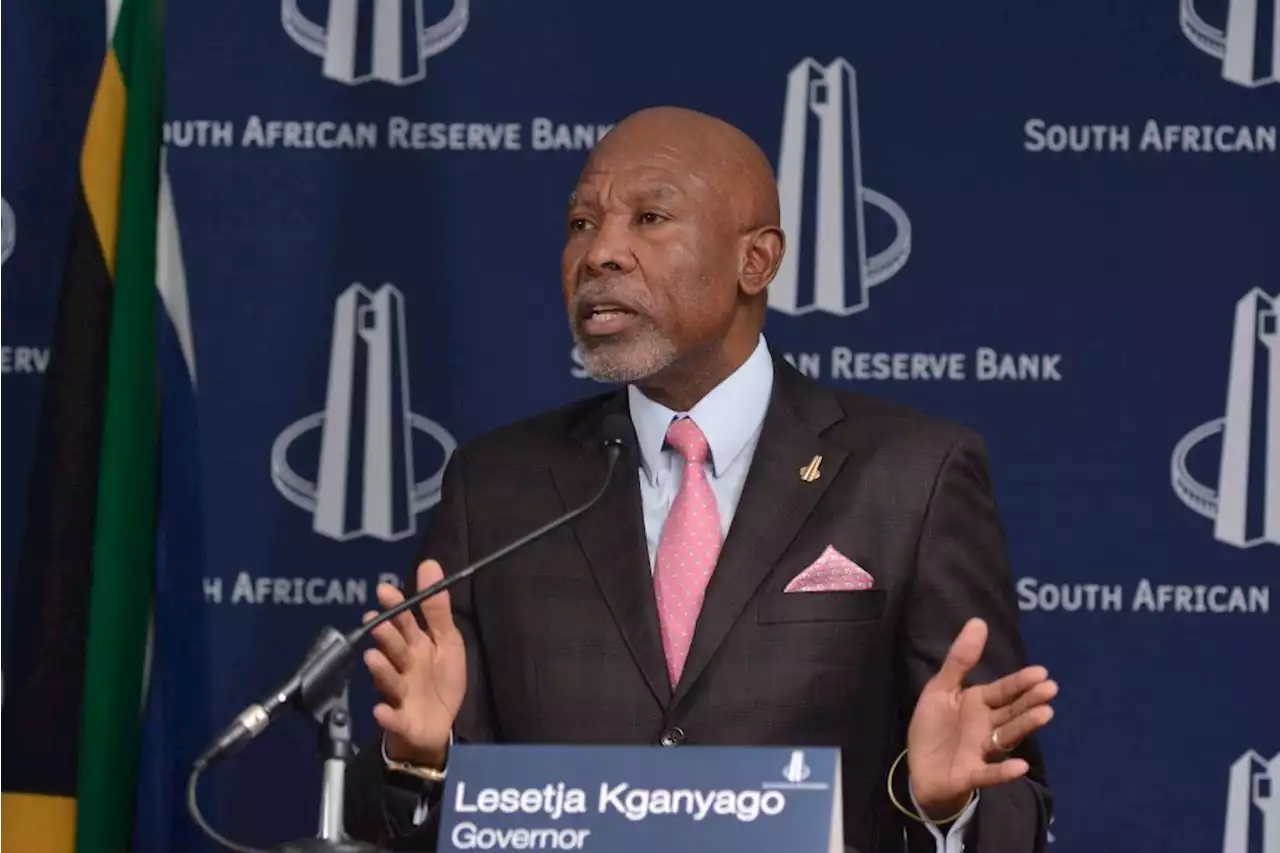'Deteriorating fiscal risks lead to higher interest rates,' Reserve Bank Governor Lesetja Kganyago said.
South Africa is strapped for cash and the country’s central bank has a stern warning for the ruling African National Congress: You can’t spend your way out of trouble.
Unsustainable “Government spends more than it earns from taxes. We spend as a nation more than we produce. We import more than we export,” said André Roux, head of the Futures Studies program at Stellenbosch Business School. “These kinds of deficits cannot be sustained for a long period.” Kganyago, who under the constitution is granted operational independence from the government in setting rates, made it plain that being fiscally reckless will cost South Africa higher debt-service payments, leaving even less money to go around.
His colleague, Deputy Governor Kuben Naidoo, offered a less colourful but more direct explanation of the trade-offs being faced by the government as it tries to balance competing demands. The spokeswoman’s comments are a climb down from the party’s economic boss, Mmamoloko Kubayi, who told local newspaper Mail and Guardian that the National Treasury had sought to usurp powers from the president and his executive.
South Africa Latest News, South Africa Headlines
Similar News:You can also read news stories similar to this one that we have collected from other news sources.
 Cosatu welcomes Sarb's 'sober decision' to not increase the repo rateThe move will provide breathing space for an economy battered by a global pandemic and a myriad of crises.
Cosatu welcomes Sarb's 'sober decision' to not increase the repo rateThe move will provide breathing space for an economy battered by a global pandemic and a myriad of crises.
Read more »
 BREAKING: SARB votes to keep interest rates on holdThe South African Reserve Bank’s (SARB) Monetary Policy Committee (MPC) voted to keep interest rates on hold on Thursday, 21 September.
BREAKING: SARB votes to keep interest rates on holdThe South African Reserve Bank’s (SARB) Monetary Policy Committee (MPC) voted to keep interest rates on hold on Thursday, 21 September.
Read more »
 Sarb keeps repo rate unchangedPrime lending rate of commercial banks remains at 11.75%.
Sarb keeps repo rate unchangedPrime lending rate of commercial banks remains at 11.75%.
Read more »
 South Africa holds key rate but policymakers still flag inflation risksThe South African Reserve Bank (SARB) held its key interest rate steady on Thursday, but policymakers cited continued risks to the inflation outlook.
South Africa holds key rate but policymakers still flag inflation risksThe South African Reserve Bank (SARB) held its key interest rate steady on Thursday, but policymakers cited continued risks to the inflation outlook.
Read more »
